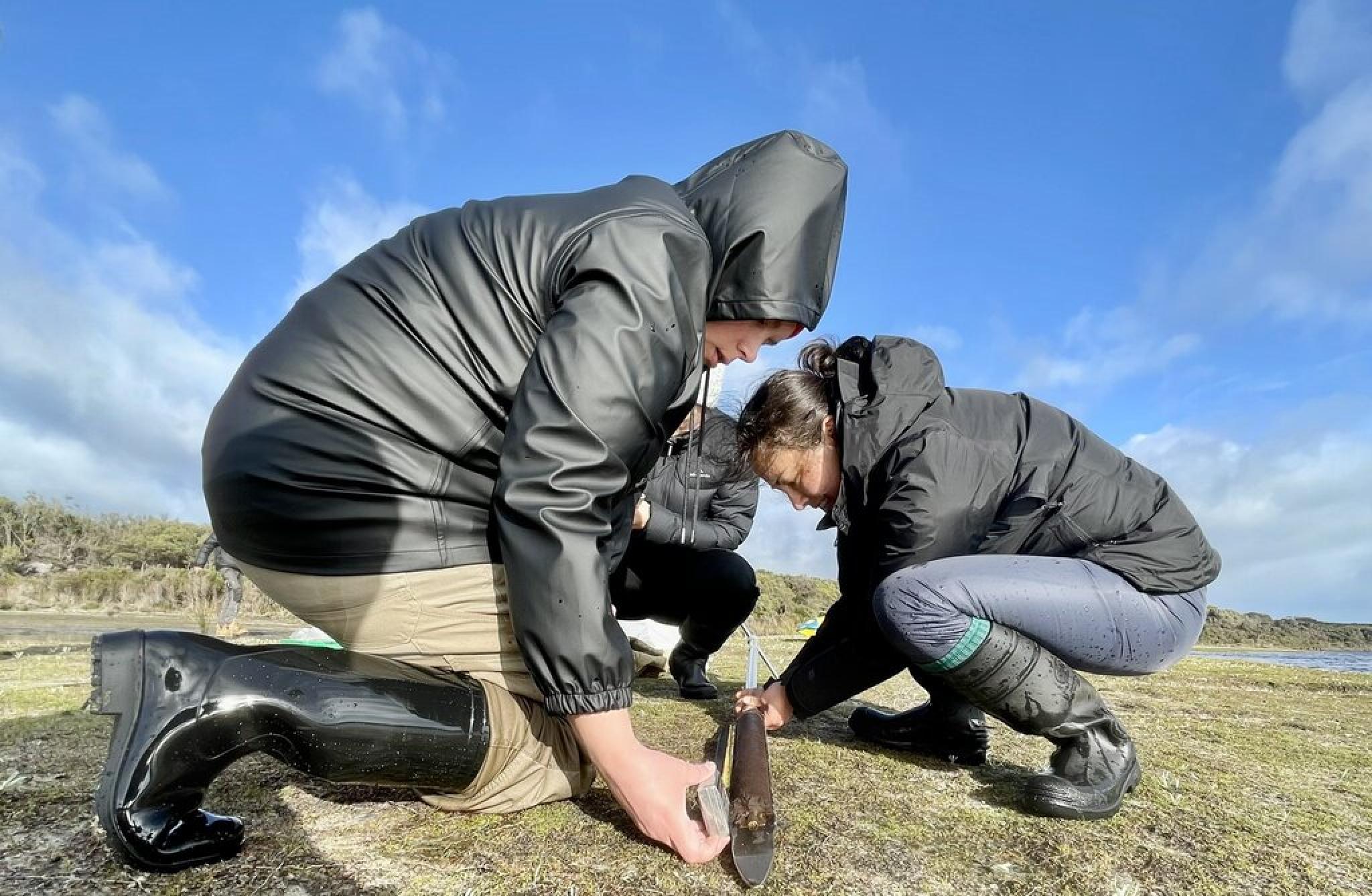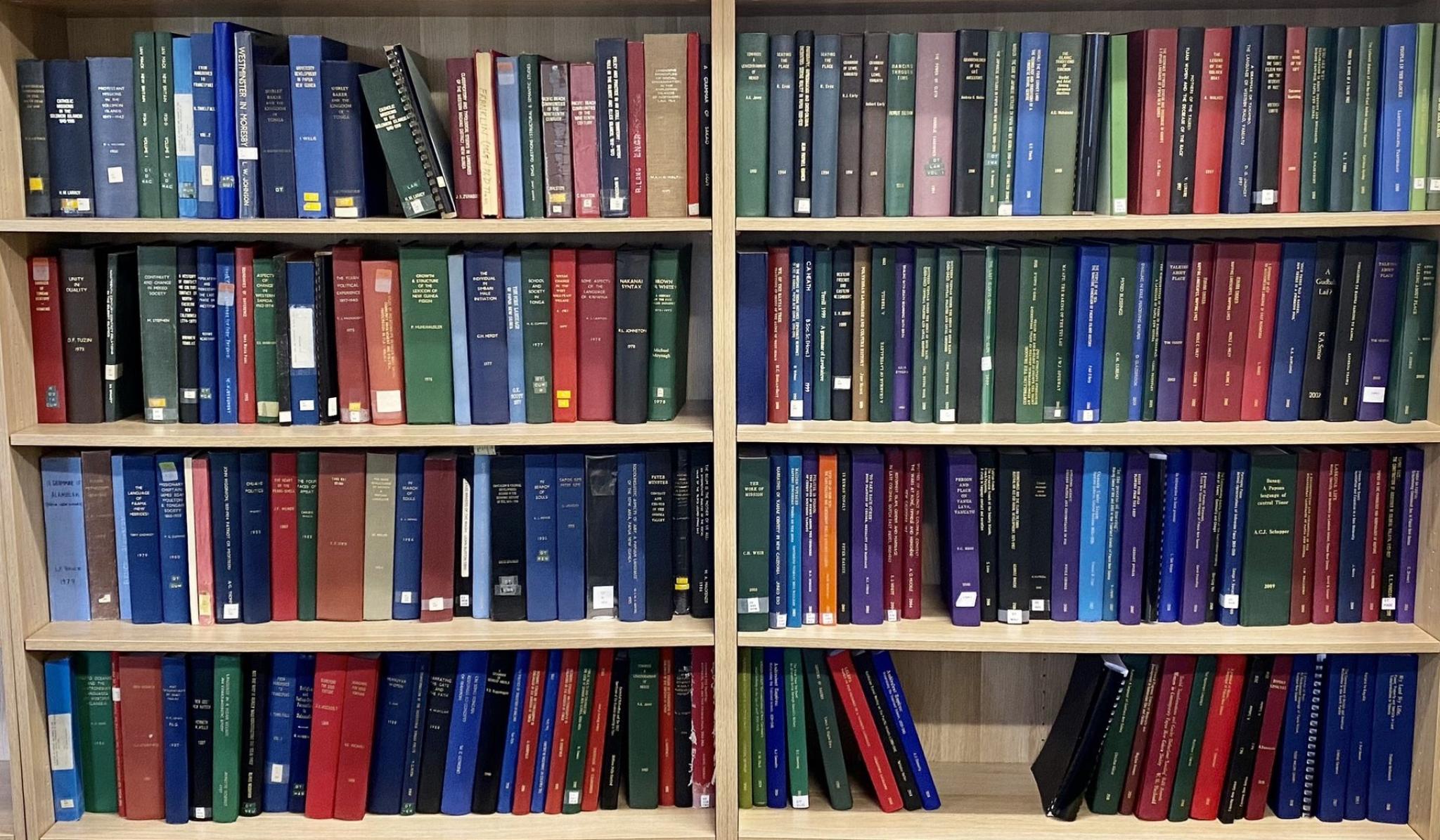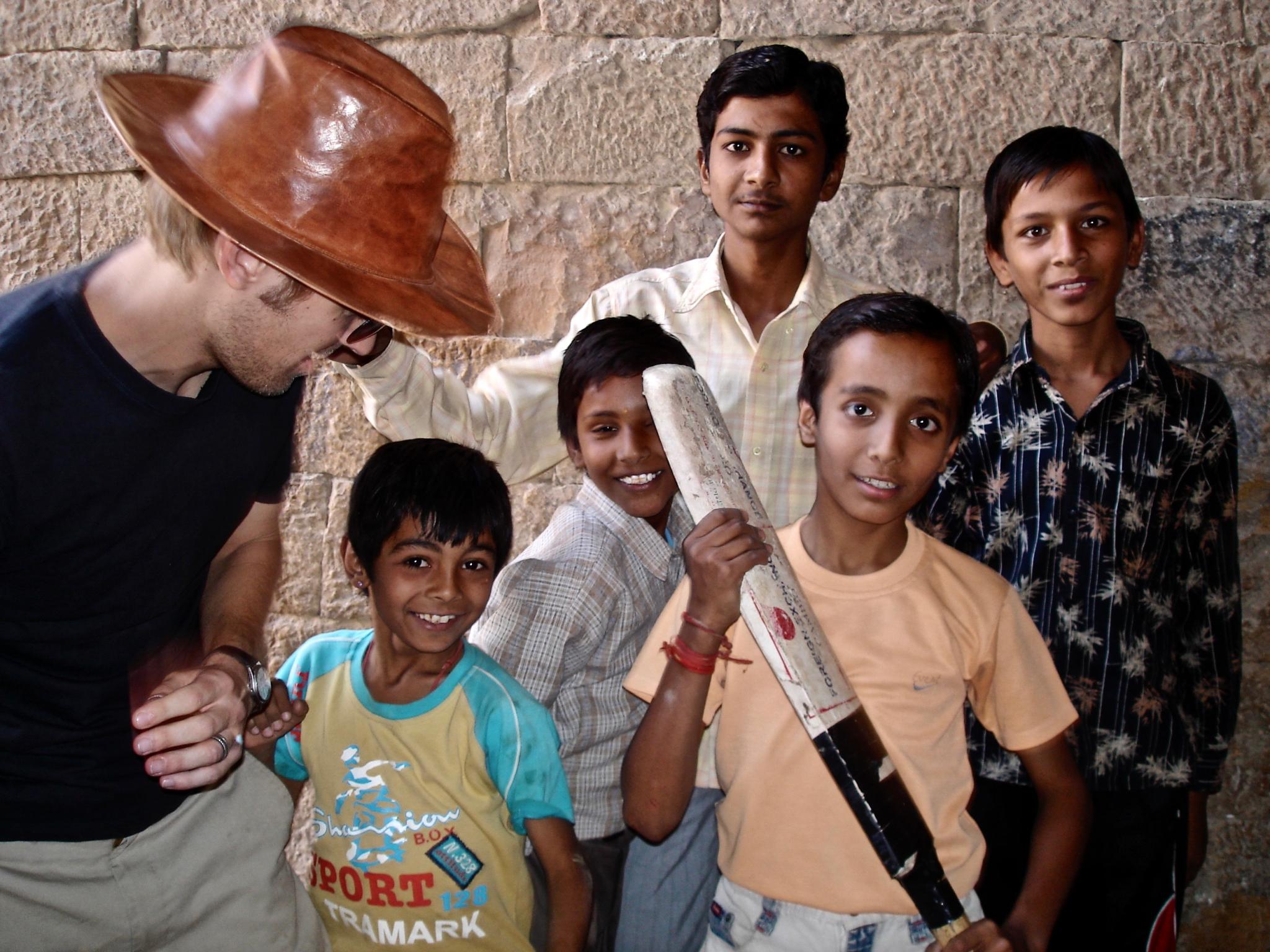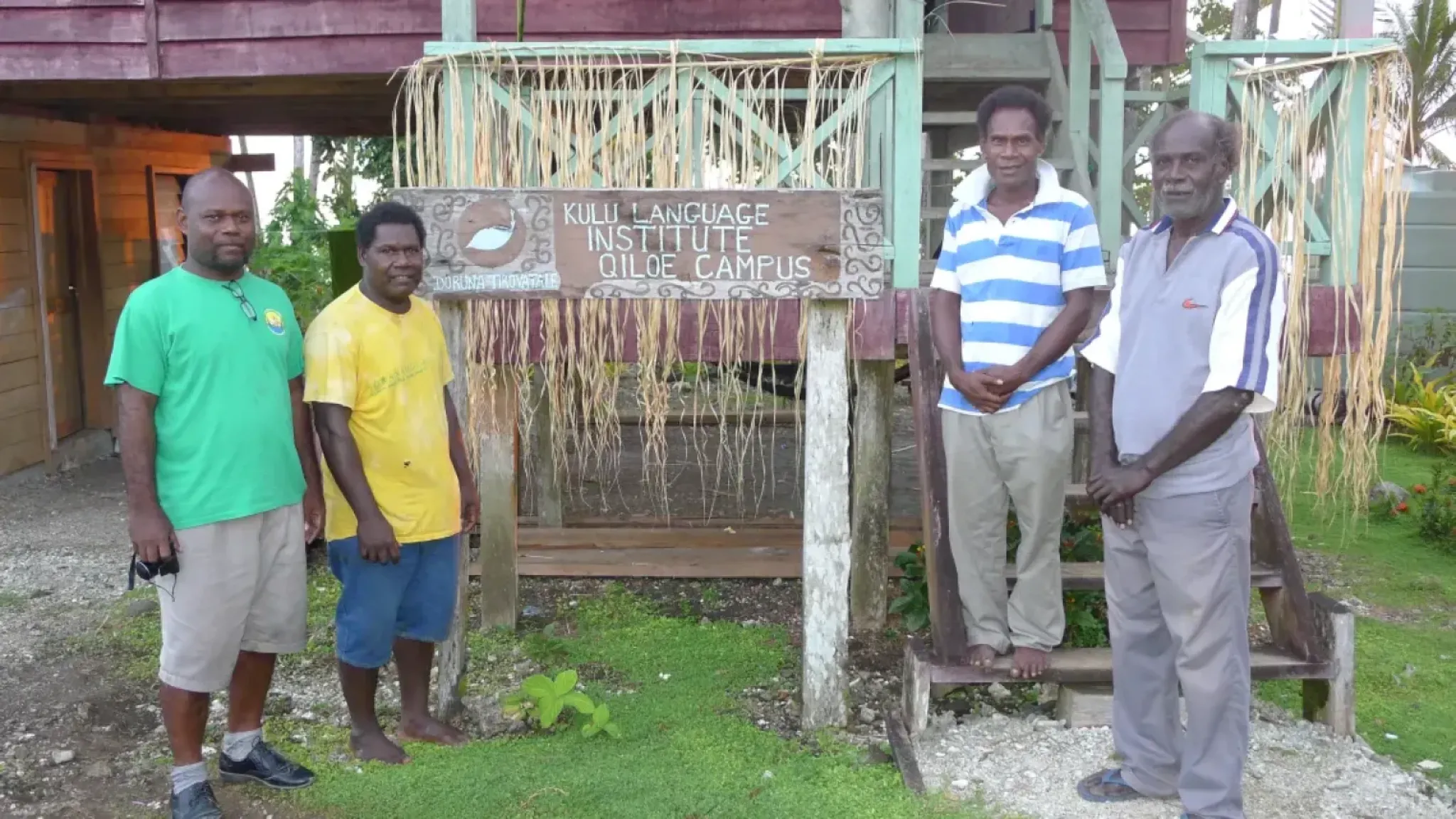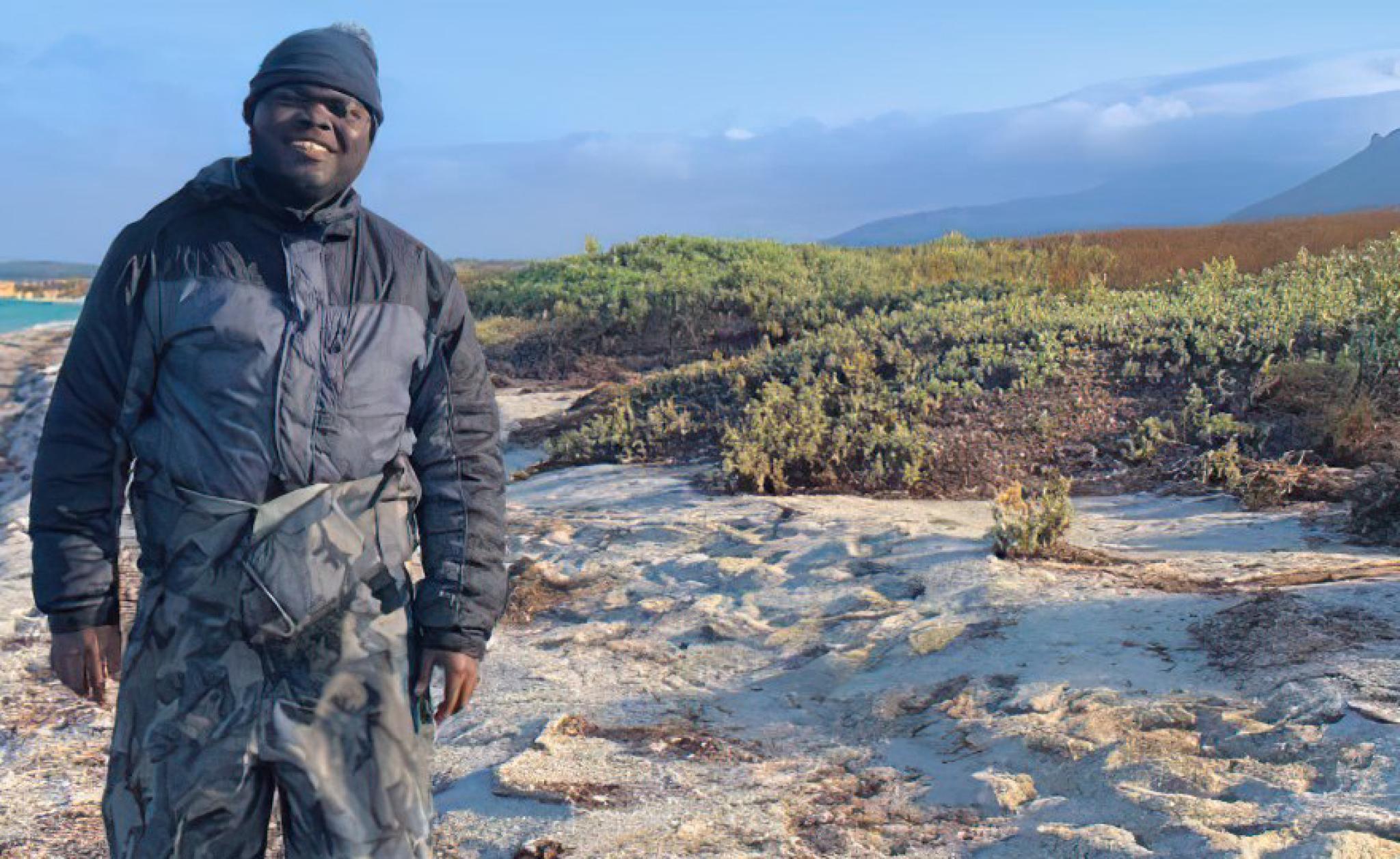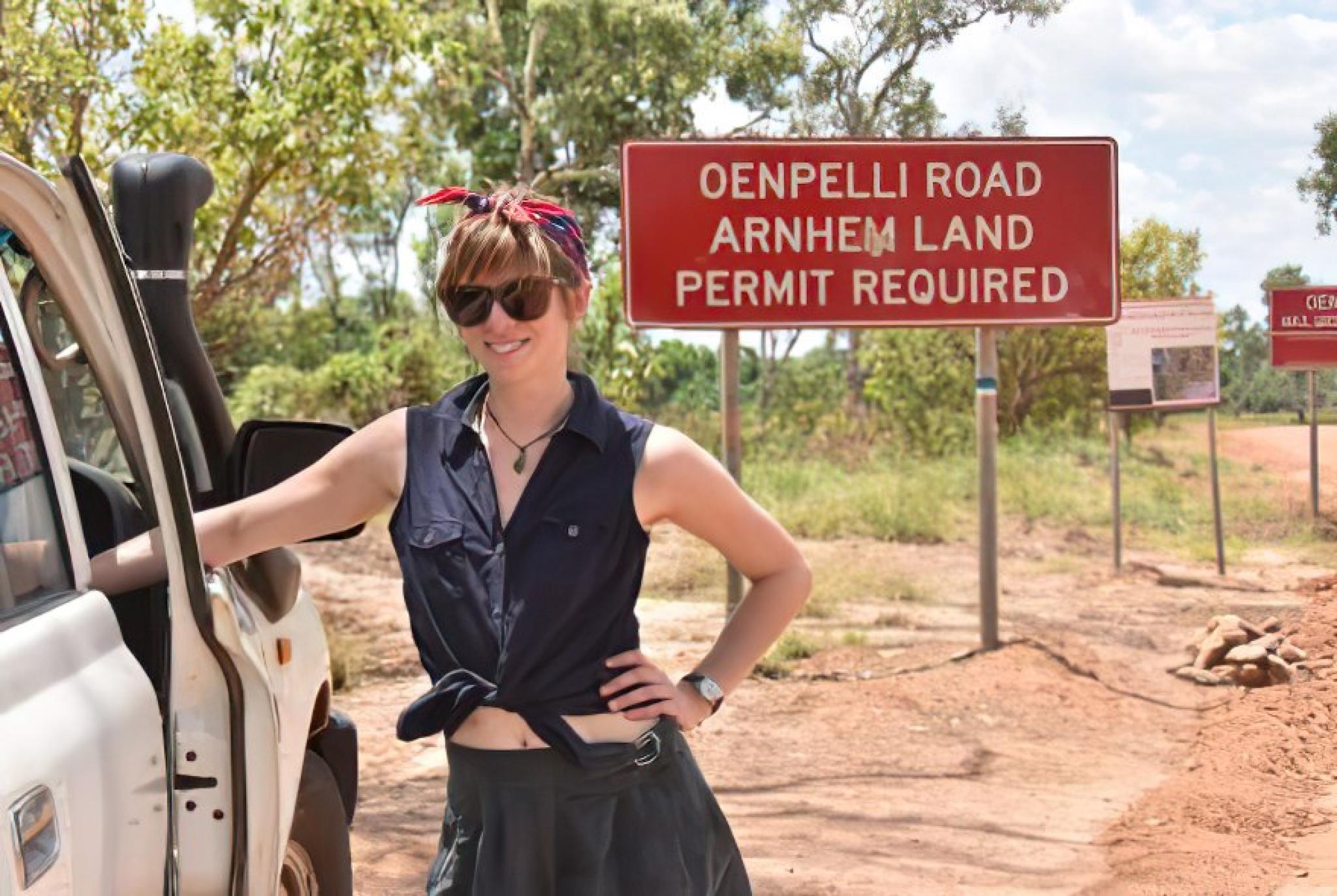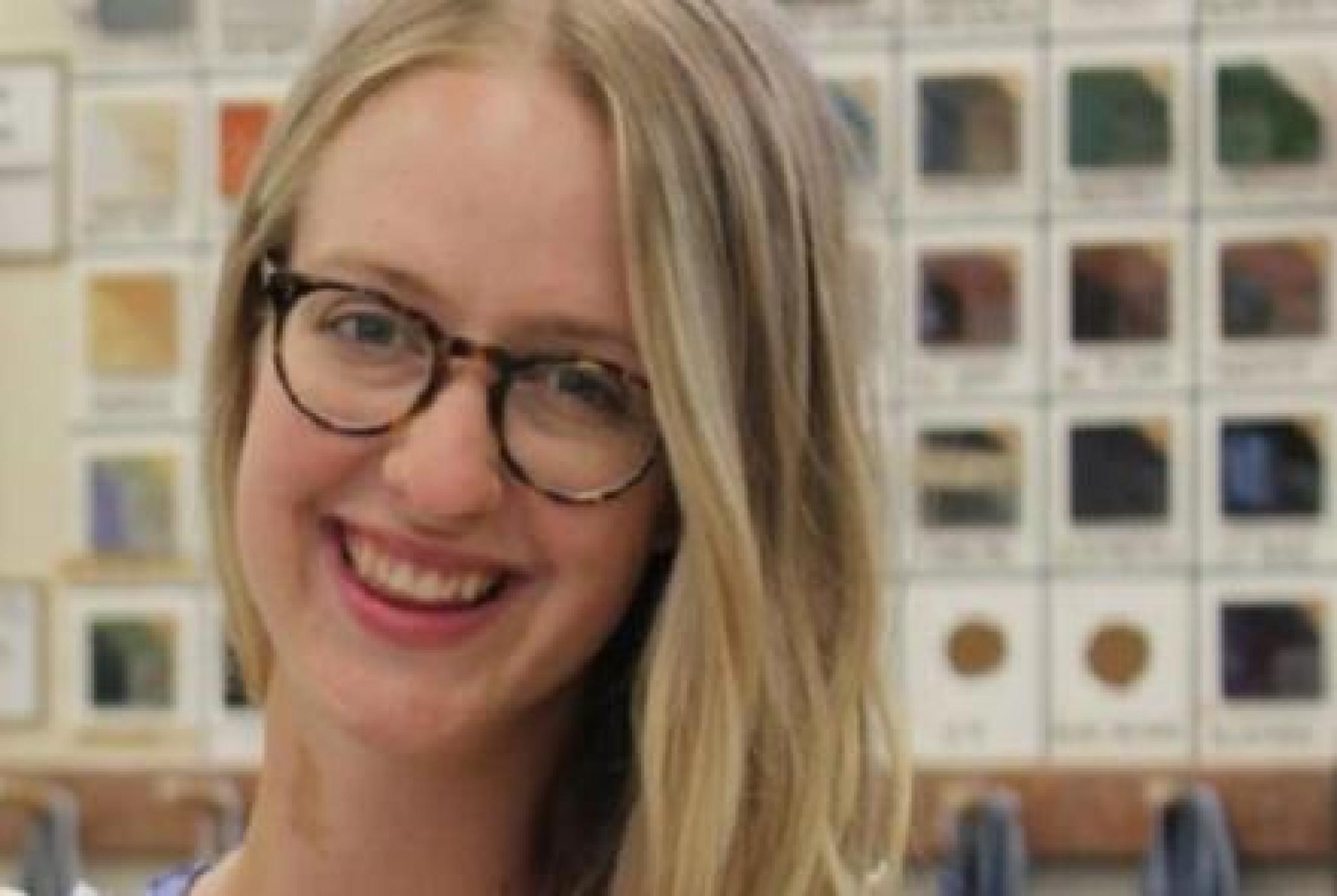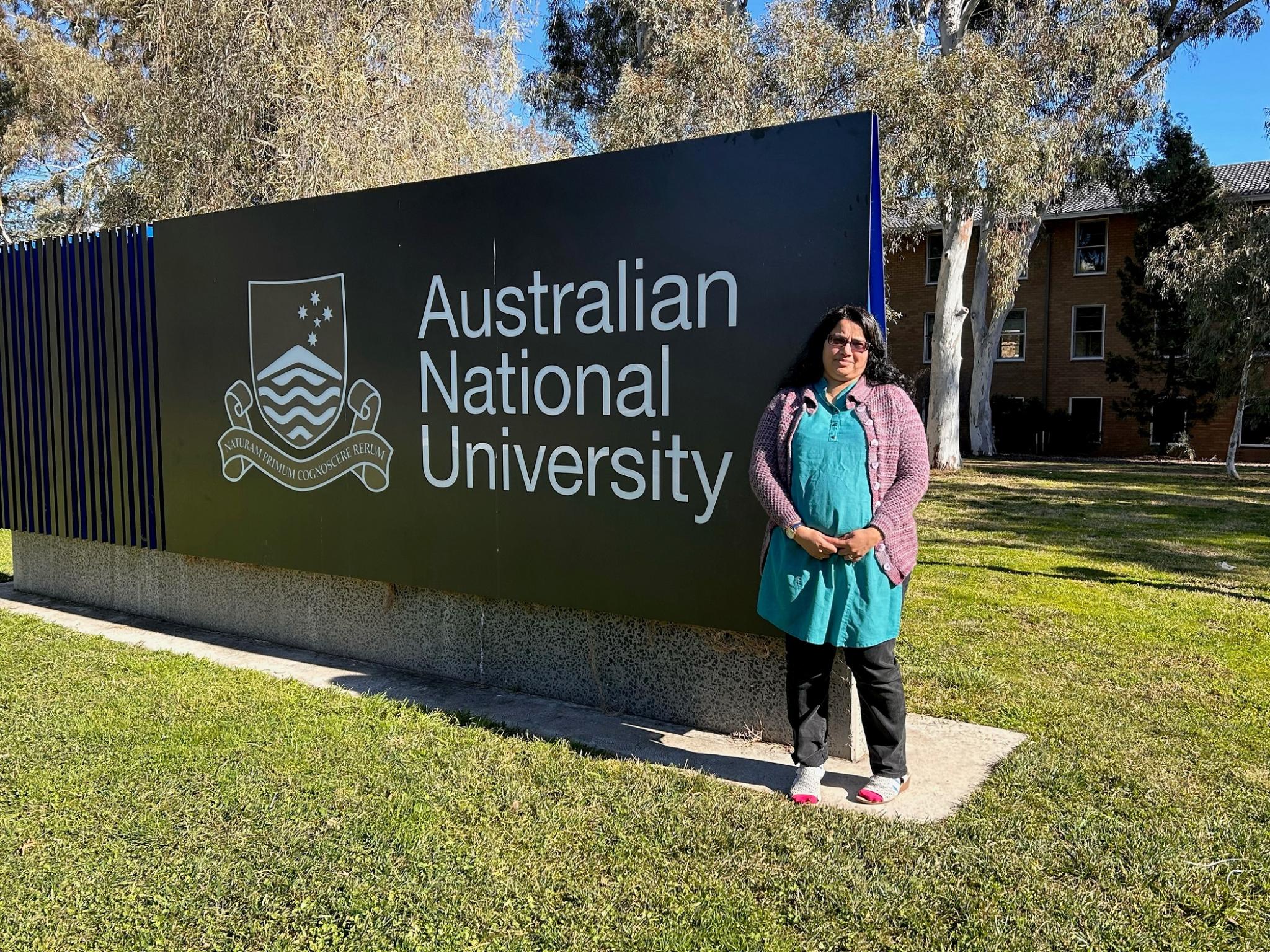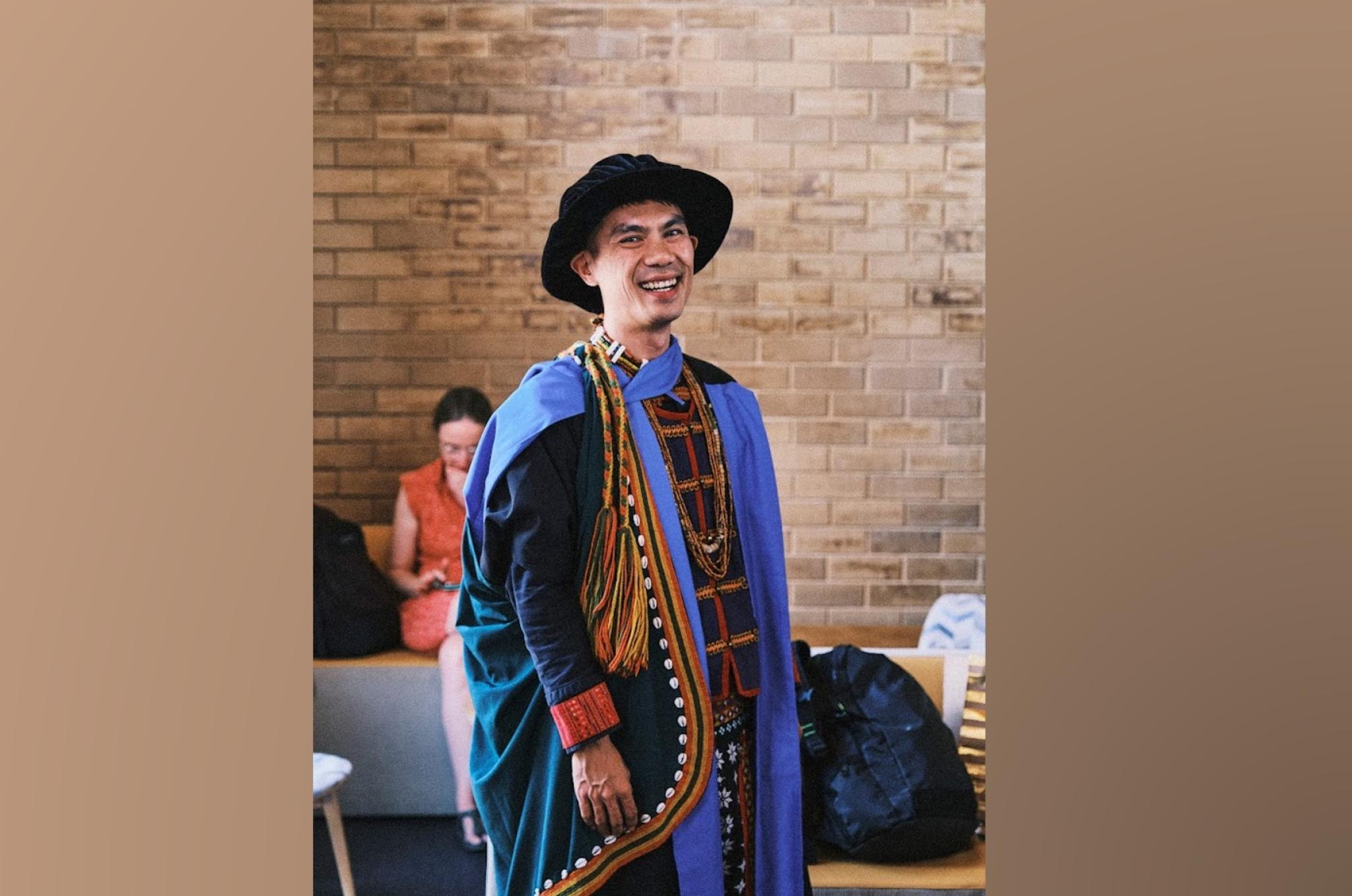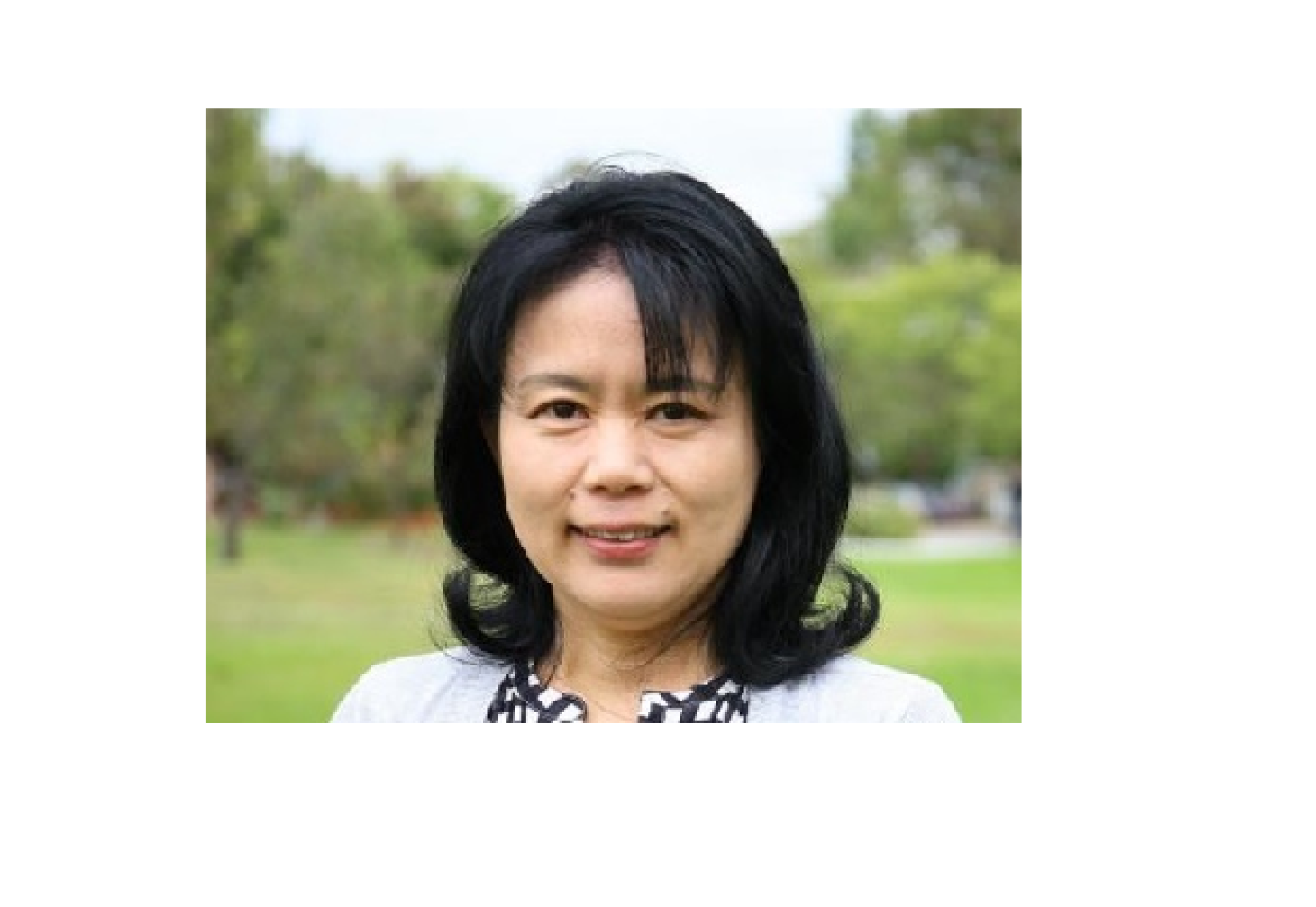How to apply
The School of Culture, History & Language closely reviews applications of prospective candidates to ensure that candidates put forward the best application possible, and arrive ready to begin the rigors of PhD training.
It is recommended that all prospective applicants complete the following steps before proceeding to the ANU Online Application.
Step 1: Confirm your eligibility
Admission to the PhD program at CHL should ideally have one of the following qualifications:
-
An Australian Bachelor Degree with at least Second Class Honours - Upper (First Class Honours is often required) or its international equivalent
-
A research-based Master’s Degree in a relevant field. Potential candidates will also need to demonstrate the necessary language and prerequisite skills:
-
Students whose first language is not English are required to have an overall IELTS score of no less than 6.5, with no less than 6.0 in any individual band. We will also speak to prospective candidates by telephone or Skype.
-
Most CHL research programs will require a high degree of competence in at least one Asian or Pacific language. Use your proposal (Step 3) to discuss your competence in these and any other skills (statistical analysis, etc.) that may be necessary to your proposed research.
-
Beyond simply stating degree credentials, be prepared to demonstrate your understanding of and competence with research skills and methodology.
If you are not sure whether you can meet these criteria, please contact Ms Etsuko Mason via cap.hdr@anu.edu.au.
Step 2: Locate and contact a potential supervisor(s)
Each PhD candidate will have a committee consisting of at least three scholars, headed by a main supervisor from within CHL.
You should initiate contact with a prospective supervisor when you begin to prepare your application, and confirm that this person is willing to be your primary supervisor.
It is very important that you confirm this initial consent before you continue your application. There will be opportunities to change the composition of the committee during the program.
Step 3: Write your thesis proposal
Since you will be expected to commence work on your thesis soon after arrival to ANU, it is vital to arrive with a detailed and practical project proposal. There is no minimum word length for the proposal, but it should not exceed 5,000 words. The proposal should include the following:
Title and Abstract Include the key research question or hypothesis, rationale for the research, and research methodology to be employed in the study
Aims & significance What is the overall purpose and significance of the proposed research? What does your project aim to accomplish, and how do your research questions contribute to the international scholarly literature in your field?
Methodology and preparation Discuss the methodology to be used, as well as your own research background, including the sort of additional training you may need to undertake.
Fit with CHL Indicate why you wish to pursue your research in CHL, and what sort of contact you have had with your proposed supervisor.
Timetable How does your project fit within a 4 year PhD candidature?
Resources Indicate the funding that will be required over the course of the candidature (e.g. for fieldwork) as well as any special materials or training that may be necessary for the successful completion of the project.
Bibliography A list of references cited in the proposal.
A good proposal will be clear and direct. Click here for other tips on proposal writing.
Step 4: Contact the school with your proposal
Send the following application materials to the school HDR administrator in one email marked “CHL application.”
• Curriculum vitae (CV)
• Academic transcripts
• IELTS/TOEFL results (if applicable)
• Thesis proposal (Step 3)
We strongly advise you to complete this step and wait for the CHL response before proceeding to the next step.
At this stage do not include information about referees, copies of academic work, or any non-academic materials.
Step 5: Make a formal application to the ANU
You may initiate the ANU online application process at any time. However, CHL strongly recommends that all candidates complete the previous four steps before proceeding to this stage so that we can guide them through the process.
The HDR administrator will be able to advise you on the application process. For further information and advice, check the links under resources and future students.
